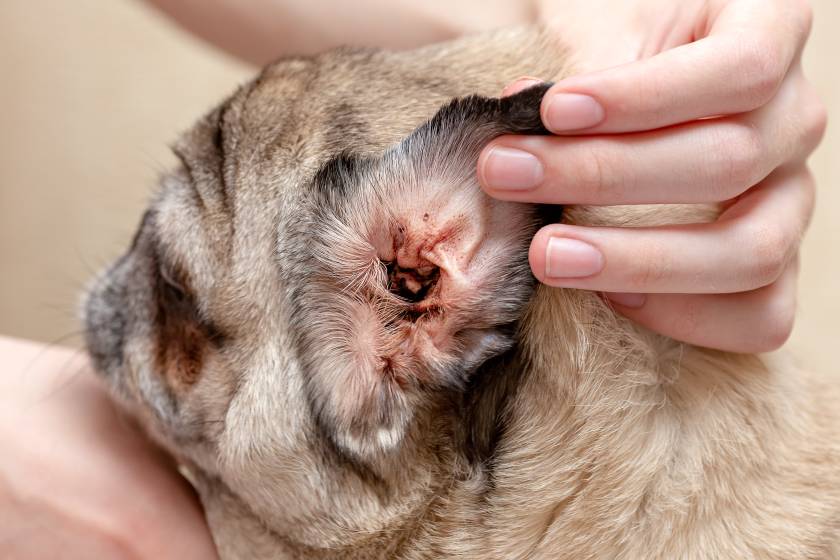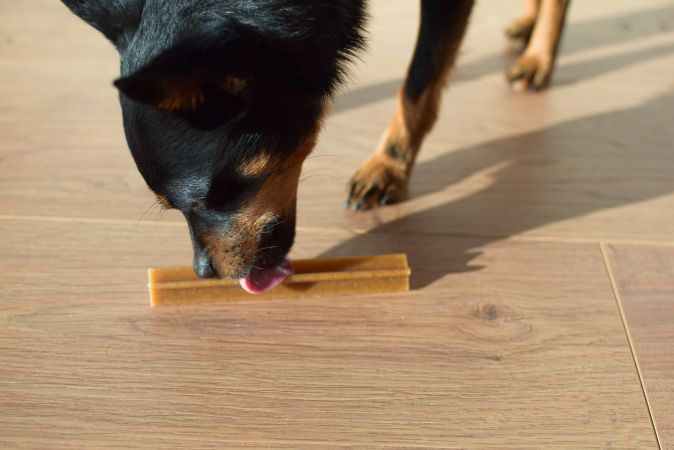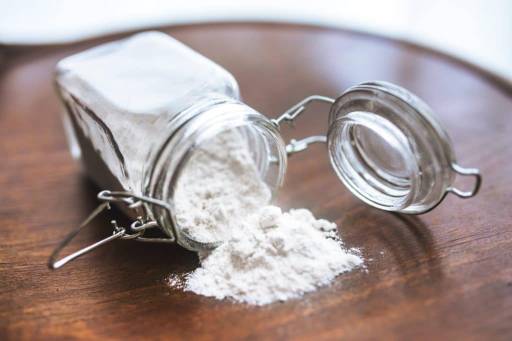Connect with a verified veterinarian in minutes. Licensed vets are available 24/7 to answer your questions. No need to worry about your furry family member.
Has your dog suddenly developed a pocket of fluid in his ears? Has he been shaking his head quite a bit or scratching at his ears? Then we’re glad you’re here!
In this article, we’ll take a look at what causes fluid to develop in the ear, the cause, as well as treatment of the condition.
What is the Cause of Fluid in Dogs’ Ears?
Just like humans, a dog’s ear has an outer portion which we see (called the pinna) and an internal part which includes the ear canal. If you see a soft or hard pocket develop in your dog’s outer ear, he may have an aural hematoma. This condition can develop from excessive scratching of the ears or head shaking. These are usually caused by underlying problems such as ear mite, an ear infection, allergies, and more.
A hematoma is a pocket of blood and fluids that gather after vessels in the ear(s) are broken. The ear then develops a pocket between the skin and cartilage of a dog’s ear. The dog may feel discomfort as the pockets grow. Sometimes the hematoma can grow in size very fast.
This is a condition that’s very common in dogs that have long / floppy ears. However, it can occur in dogs with short ears or pointed ears that stand up. This type of health issue can become worse if untreated.
Symptoms of a Hematoma in a Dog’s Ear(s)
You may notice these symptoms if your dog has one or more ear hematomas:
- Dislike of having their ear(s) touched
- Pocket which may be hard or soft
- Swelling of all the ear or just the ear flaps
- Ear canal issues
- Your dog’s ears may be smelly as they can have underlying ear canal infections also
In some cases, the blood pocket may heal on its own; however, the inflammation and swelling can damage the dog’s ears. They’re also uncomfortable for your dog. What’s more, if the problem is caused by an underlying health problem, this must also be treated to prevent further hematomas from forming in the ear(s).
If your dog has an ear hematoma, then it’s time to call the vet. This is a problem that needs to be treated, as it can cause discomfort for your dog. Do not try to puncture the hematoma on your own. This is not a blood blister.

Review symptoms, medications & behavior to keep your pets healthy with a Vet Online in just minutes.
Ask a Vet Live NowTreatment of Ear Hematoma in Dogs
In most cases, the vet will perform surgery on your dog if initial treatment with medication and drainage by the veterinarian is not successful.. During the surgery, the vet makes an incision that covers the length of the blood pocket (hematoma). The vet will then drain out the fluids in the hematoma. After this, the ear is usually tacked down, which means the outer surface of the ear will be sutured.These sutures (stitches) are usually left in place for several weeks to prevent the problem recurring.
If any underlying health issues are found, these will also be treated.
The good news is that most dogs will have a full recovery with prompt medical care. Sometimes, even with successful medical treatment, the problem can recur in the future. It is worth noting that even with successful treatment of the problem, your pet may have some scarring on his ear, but this is only a cosmetic issue and will not cause your pet discomfort.
Connect with a verified veterinarian in minutes. Licensed vets are available 24/7 to answer your questions. No need to worry about your furry family member.

Evie Moloney, RCVS
This article has been reviewed and approved by an independent Veterinarian: Evie is a vet surgeon who graduated from the University College Dublin, which is the only university offering the veterinary medicine degree in Ireland. She really enjoys surgery and has also worked as an emergency and critical care vet. She is passionate about sharing education about preventative health care for pets, especially the importance of regular dog and cat teeth brushing at home. She also enjoys helping owners find practical solutions for keeping pets as comfortable as possible while living with conditions such as arthritis. When not working, she enjoys hiking and swimming.
Review symptoms, medications & behavior to keep your pets healthy with a Vet Online in just minutes.
Ask a Vet Live Now





